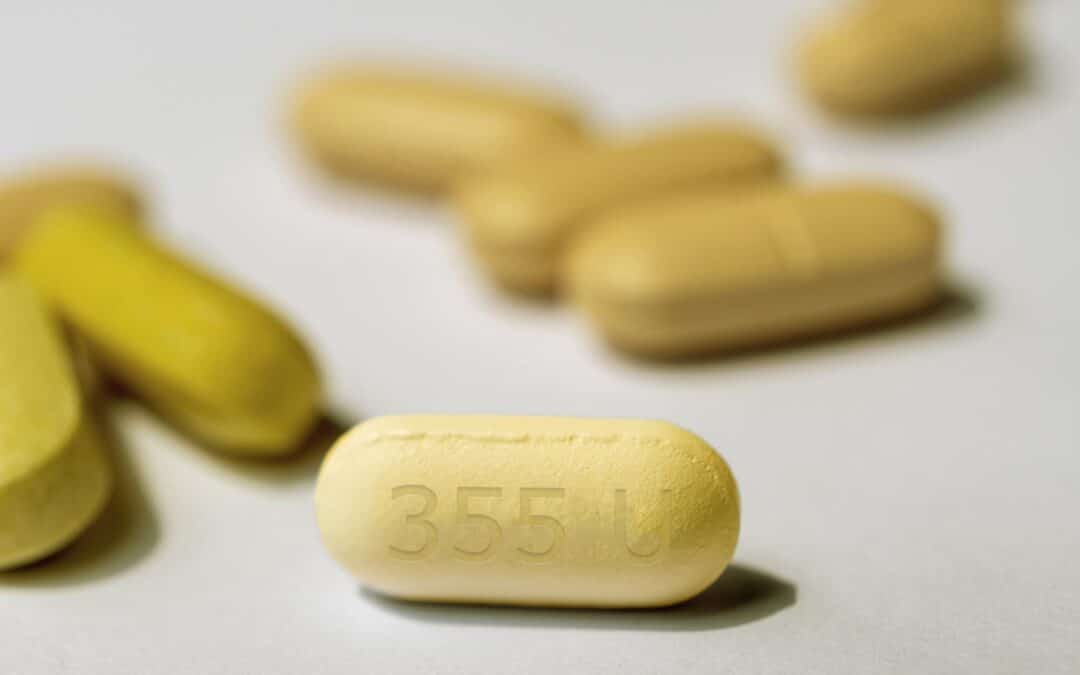Managing alcohol cravings with medication can be a challenging journey. In recovery from alcohol addiction, various strategies are employed to ensure successful long-term sobriety. Among these, the use of medication, particularly antidepressants, plays a crucial role in managing alcohol cravings. Understanding the interplay between these medications and recovery processes is vital. For a comprehensive overview of addiction treatment methods, you might find our Alcohol Addiction Treatment Page insightful.
Understanding Alcohol Addiction and Cravings
Alcohol addiction is a complex condition that intertwines psychological and physiological elements. Managing cravings, intense urges to drink, is critical in the recovery process. These cravings are often heightened by stress, environmental cues, and brain chemistry changes due to prolonged alcohol use. To explore the challenges of withdrawal more deeply, consider reading our article on 7 Remedies for Alcohol Withdrawal, which provides useful insights into managing these cravings effectively.
Managing Alcohol Cravings with Medication
One of the most challenging aspects of recovering from alcohol addiction is managing the intense cravings that can lead to relapse. Medication, especially antidepressants, plays a crucial role in this aspect of recovery. Antidepressants help stabilize brain chemistry, which is often disrupted due to prolonged alcohol use. By increasing the levels of neurotransmitters like serotonin, these medications can significantly reduce the intensity of alcohol cravings, aiding individuals in maintaining their sobriety.
Antidepressants such as Selective Serotonin Reuptake Inhibitors (SSRIs) and Serotonin and Norepinephrine Reuptake Inhibitors (SNRIs) are commonly prescribed in recovery settings. SSRIs like Sertraline can increase serotonin levels in the brain, which helps reduce cravings and improve mood. SNRIs, such as Duloxetine, work on both serotonin and norepinephrine, providing a dual approach to mood stabilization and craving reduction.
It’s important to note that while antidepressants can be effective in managing alcohol cravings, they are not a standalone solution. They are most effective when used as part of a broader treatment plan that includes therapy, support groups, and lifestyle changes. This comprehensive approach ensures that both the physical and psychological aspects of addiction are addressed, offering the best chance for long-term recovery.
Combining Medication with Therapy
Successfully managing alcohol cravings and achieving long-term recovery often requires more than medication alone. Integrating antidepressants with therapy and other forms of support is a key aspect of a holistic approach to recovery. Therapies like cognitive-behavioral therapy (CBT), motivational interviewing, and support groups are invaluable for addressing the psychological aspects of addiction.
These therapeutic approaches help individuals understand and change their thought patterns and behaviors related to alcohol use. When combined with antidepressants, therapy can significantly enhance the effectiveness of the treatment by providing coping strategies and tools to deal with triggers and cravings. This combination ensures that both the biochemical and emotional roots of addiction are addressed, offering a more rounded and effective recovery process.
Potential Risks and Considerations
Using antidepressants in recovery comes with potential risks. These medications can have side effects. Close medical supervision is essential. Doctors must tailor treatment plans to individual needs. Antidepressants and alcohol can interact in complex ways. Therefore, patients should avoid alcohol while taking these medications. The decision to use antidepressants requires careful consideration. Healthcare professionals must collaborate with patients. This ensures a safe and effective recovery journey.
Closing Remarks; Managing Alcohol Cravings with Medication
Antidepressants can significantly aid in managing alcohol cravings during recovery. However, their use must be carefully monitored. Combining medication with therapy enhances effectiveness. A personalized treatment approach is crucial. Every recovery journey is unique. Working closely with healthcare providers ensures a tailored and comprehensive treatment plan. This collaborative approach addresses all aspects of addiction and recovery.
Discover Alcohol Detox and Addiction Treatment In New Hampshire at Liberty Health Services
If you or someone you love is struggling with withdrawal, professional detox is the safest, most effective approach to recovery. Liberty Health Services specializes in family-friendly, intimate detox in beautiful New Hampshire. Our boutique clinic houses 24 clients simultaneously, providing safe, inclusive medically-assisted detox for alcohol withdrawal.
Needing help is nothing to be ashamed of. Professional support can assist you in breaking the cycle of addiction. Focusing on family, our clinic can help you and your loved ones reconnect and heal together. Call us now at 855.959.4521 or fill out our online form to learn more about our detox treatment programs and reserve your spot.


